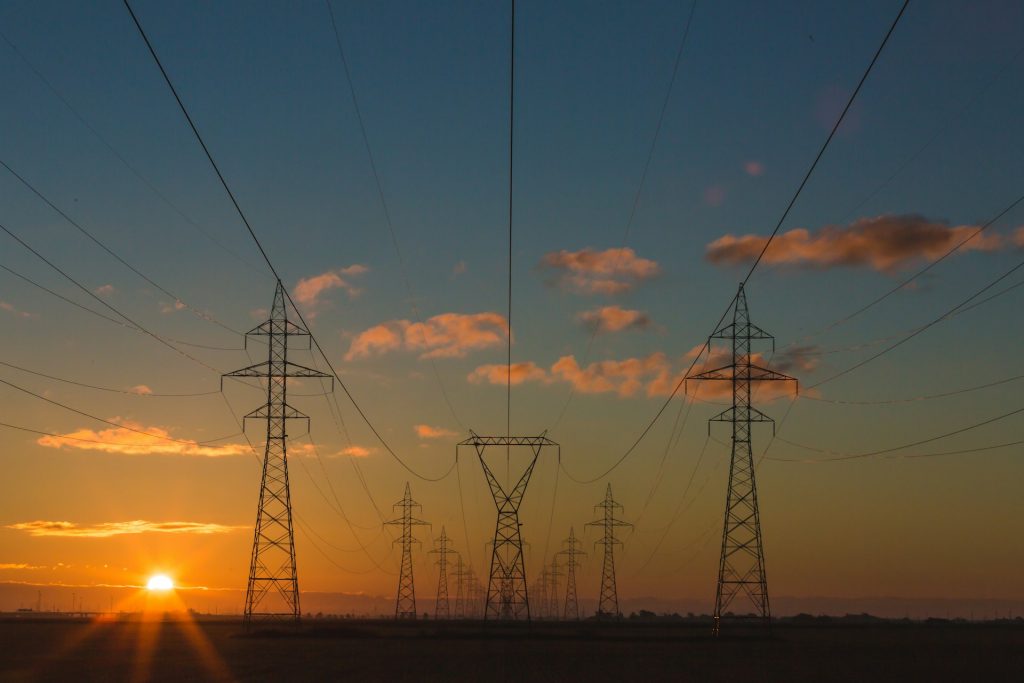Cathie Wood, the well-known investor, continues to place her confidence in Oklo (OKLO), a nuclear energy startup supported by Sam Altman, the head of OpenAI. Despite Oklo facing financial losses in the second quarter of this year, Wood remains committed to increasing her investment in the company, signaling her strong belief in its long-term potential. At the same time, political support for nuclear energy seems to be gaining momentum, with both Democrats and Republicans in the U.S. showing increased interest in the sector.
In a report released on Tuesday, Oklo revealed an operating loss of $25.1 million for the first half of 2024. For the entire year, the company forecasts losses in the range of $40 to $50 million. Nonetheless, Oklo remains optimistic about the future, highlighting that its first Aurora powerhouse is on track to begin operations by 2027. Additionally, the company has secured customer commitments for 1,350 megawatts, as evidenced by signed letters of intent. This figure marks a significant increase from the 700 megawatts reported just a few months earlier, in July 2023.
Sam Altman, a key early investor in Oklo, expressed his confidence in the company’s future in a letter to investors. He emphasized Oklo’s innovative approach to nuclear energy, focusing on developing cost-effective strategies and fostering critical relationships with regulators, customers, and suppliers. “There are significant growth opportunities ahead,” Altman said, reiterating his support for the company’s vision.
The Role of AI in Increasing Energy Demand
The demand for energy is expected to surge as artificial intelligence (AI) technology continues to grow. Data centers, essential for training and running AI systems, are projected to drive this increase. According to McKinsey & Co., the energy consumption of U.S. data centers will rise by roughly 10% annually through 2030. In 2022 alone, the country’s 2,700 data centers used about 4% of the nation’s total electricity supply, according to data from the International Energy Agency (IEA). The IEA estimates that by 2026, data centers could account for as much as 6% of total electricity usage in the U.S.
To secure sufficient energy for their growing operations, major tech companies like Amazon (AMZN), Microsoft (MSFT), and Alphabet (GOOGL) have started to explore nuclear power. These companies recognize the need for reliable, large-scale energy sources to power their data centers. Bill Gates, for instance, has emerged as a leading investor in nuclear energy, while Jeff Bezos is backing a nuclear startup in Canada.
Nuclear Power’s Steady Growth in 2024
The nuclear power industry has seen a steady rise in 2024, led by key players like Constellation Energy (CEG) and Vistra (VST), despite a temporary pullback in the energy-alternative sector since May. This segment of the market, tracked by IBD, has grown about 5% this year, outperforming the broader market for much of the year.
While Oklo focuses on the development of smaller, fast-fission nuclear reactors, Constellation Energy plays a dominant role in the U.S. nuclear sector. The company operates 25% of the nuclear reactors in the country and provides energy to over 20% of major commercial and industrial customers.
In a positive development, Constellation Energy raised its full-year profit guidance last week, despite slightly lower-than-expected earnings and revenue for the second quarter. The company now projects 2024 earnings per share (EPS) in the range of $7.60 to $8.40, an improvement from the previous estimate of $7.23 to $8.03. Analysts forecast an EPS of $7.76 for 2024, which would mark a 40% increase compared to 2023.
As Oklo pushes forward with its innovative nuclear projects, backed by investors like Cathie Wood and Sam Altman, the company’s progress highlights the growing intersection of AI and energy demand, alongside the continuing expansion of the nuclear power industry.
